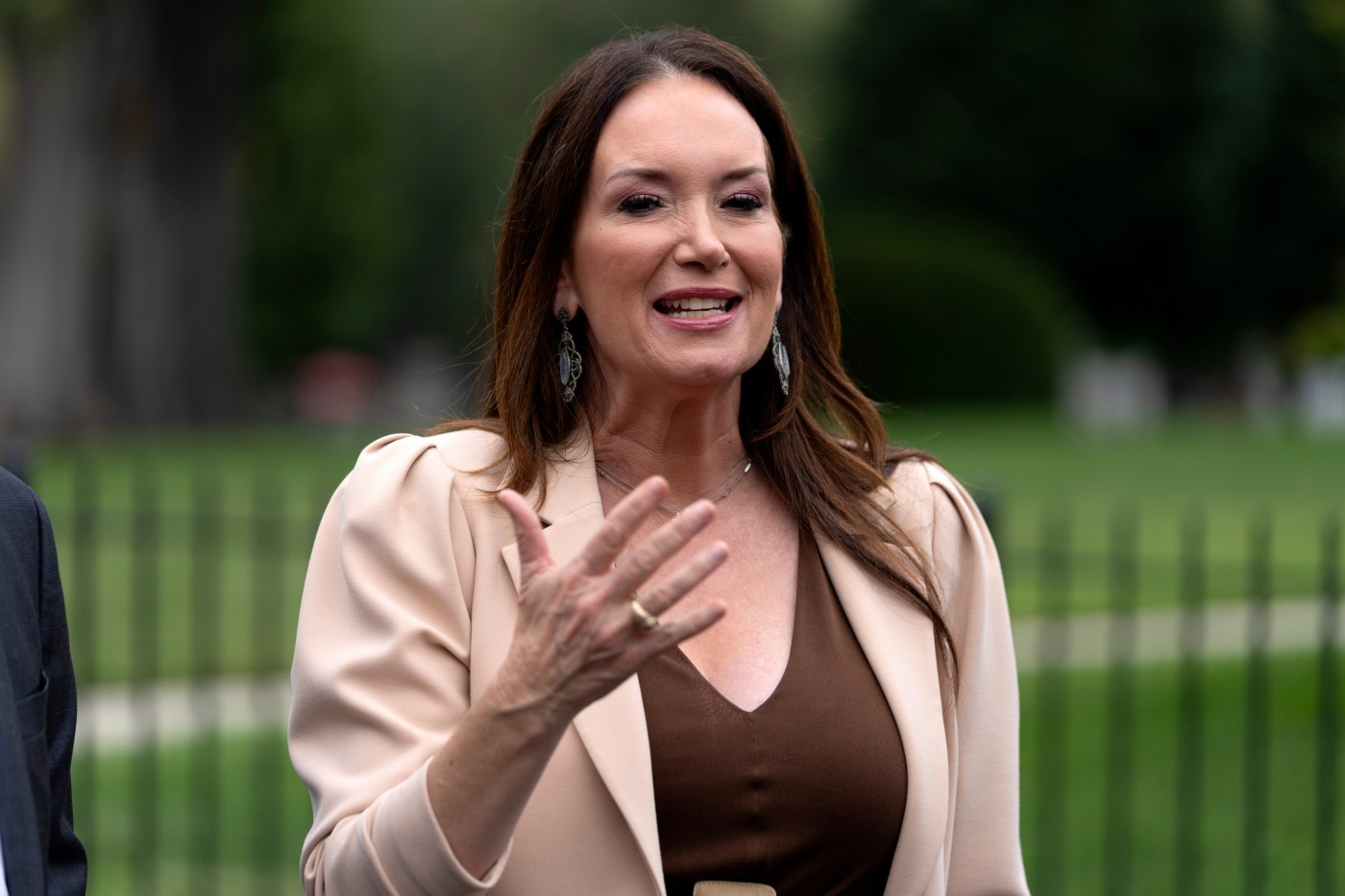Politics
Trump Administration Faces Backlash Over SNAP Program Shutdown

The potential shutdown of the Supplemental Nutrition Assistance Program (SNAP) is set to impact millions of families across the United States starting on November 1, 2023. The program, administered by the U.S. Department of Agriculture (USDA) under Secretary Brooke Rollins, may come to an abrupt halt due to the ongoing government shutdown and the refusal of Donald Trump and congressional Republicans to negotiate a resolution or access emergency funds.
As the deadline approaches, families in New York and beyond are bracing for the consequences of losing access to vital food assistance. The SNAP program plays a crucial role in supporting low-income households, providing essential resources to purchase food. Critics argue that the sudden termination of benefits will have immediate and severe repercussions, affecting not only those directly involved but also the wider economy.
Governor Kathy Hochul has taken preliminary steps to address the situation, allocating $30 million in state funds to bolster food assistance. While this effort is commendable, it pales in comparison to the billions the federal government invests in SNAP in New York alone. The state-level intervention cannot replicate the extensive support that SNAP provides, leaving many families vulnerable to food insecurity.
The implications of this impending crisis extend well beyond hunger. Individuals struggling to afford food are likely to reduce spending in other areas, impacting local businesses and overall economic activity. Additionally, the lack of proper nutrition can hinder children’s educational performance, creating long-term challenges that resonate throughout their academic and professional lives.
The administration’s assertion that it cannot access emergency funds to sustain the program has drawn criticism. Attorney General Tish James has joined a coalition of states in filing a lawsuit against Rollins and the Trump administration, arguing that the federal government has the ability to continue support for SNAP. The ongoing shutdown stems from a refusal to negotiate on health care subsidies, further complicating the situation for families relying on government assistance.
This dilemma highlights the broader implications of government decisions on public welfare. Critics suggest that the administration’s approach may exacerbate social issues, including crime and poverty, as families face heightened desperation. For an administration that claims to prioritize law and order, the potential fallout from cutting essential services could counteract those assertions.
The political ramifications for Trump are significant, as he risks alienating a key demographic of working-class supporters who may feel abandoned during this crisis. The stark reality of millions facing hunger due to political maneuvering raises ethical questions about the administration’s priorities and commitment to the welfare of its citizens.
In summary, the impending shutdown of SNAP represents a critical moment for many families across the nation. The choices made by the Trump administration and congressional Republicans could lead to widespread hardship and economic instability, highlighting the intersection of politics and essential social services. As November 1 approaches, the urgency for a resolution becomes increasingly clear.
-

 Science2 weeks ago
Science2 weeks agoInventor Achieves Breakthrough with 2 Billion FPS Laser Video
-

 Top Stories2 weeks ago
Top Stories2 weeks agoCharlie Sheen’s New Romance: ‘Glowing’ with Younger Partner
-

 Entertainment2 weeks ago
Entertainment2 weeks agoDua Lipa Aces GCSE Spanish, Sparks Super Bowl Buzz with Fans
-

 Business2 weeks ago
Business2 weeks agoTyler Technologies Set to Reveal Q3 Earnings on October 22
-

 World2 weeks ago
World2 weeks agoR&B Icon D’Angelo Dies at 51, Leaving Lasting Legacy
-

 Health2 weeks ago
Health2 weeks agoCurium Group, PeptiDream, and PDRadiopharma Launch Key Cancer Trial
-

 Entertainment2 weeks ago
Entertainment2 weeks agoRed Sox’s Bregman to Become Free Agent; Tigers Commit to Skubal
-

 Health2 weeks ago
Health2 weeks agoNorth Carolina’s Biotech Boom: Billions in New Investments
-

 Health2 weeks ago
Health2 weeks agoCommunity Unites for 7th Annual Into the Light Walk for Mental Health
-

 Entertainment2 weeks ago
Entertainment2 weeks agoMother Fights to Reunite with Children After Kidnapping in New Drama
-

 Science2 weeks ago
Science2 weeks agoNorth Carolina’s Biotech Boom: Billions Invested in Manufacturing
-

 Top Stories2 weeks ago
Top Stories2 weeks agoDisney+ Launches Chilling Classic ‘Something Wicked’ Just in Time for October









